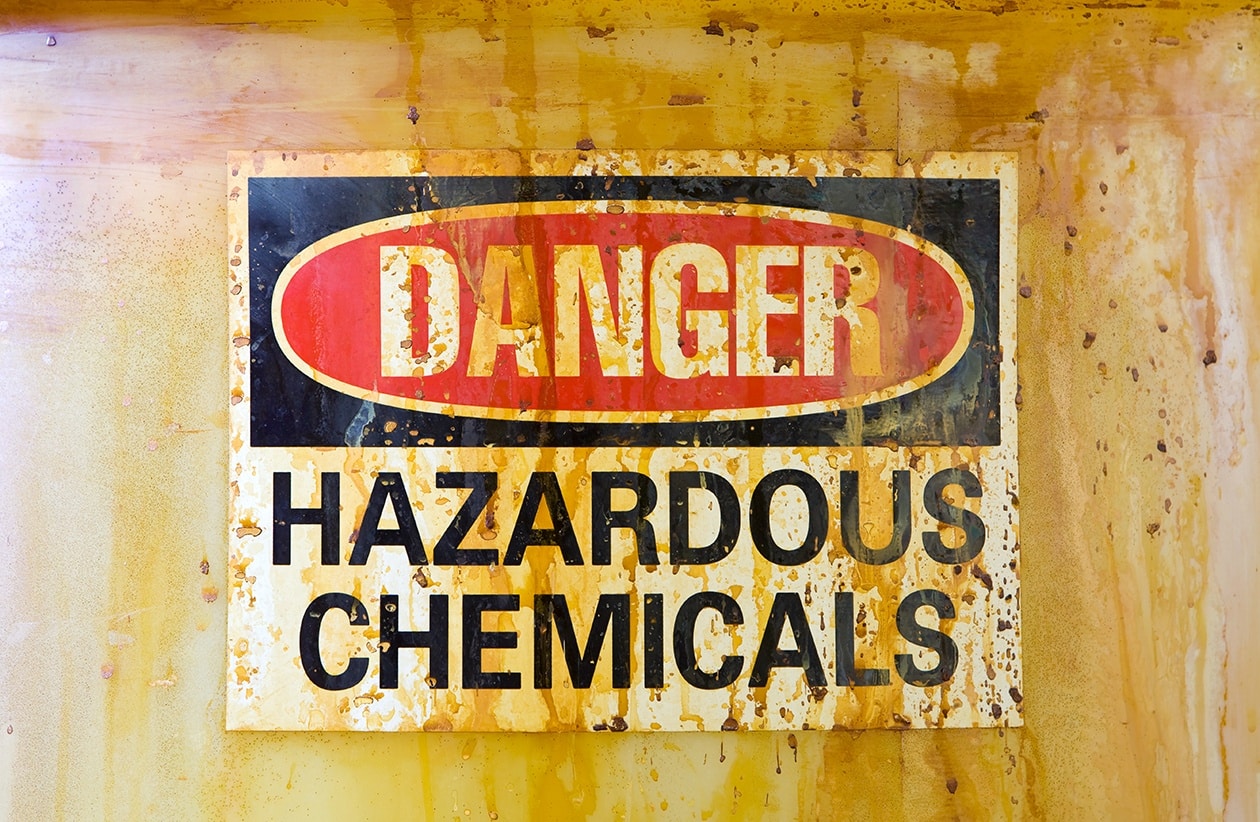Chemicals are an integral part of our modern lives. They’re in our food, water, air, and the products we use daily. While many chemicals are safe when used as intended, prolonged exposure to toxic chemicals can have severe and lasting health effects.
UNDERSTANDING TOXIC CHEMICALS
Before diving into the long-term health effects, it’s crucial to understand what we mean by toxic chemicals. Toxic chemicals are substances that can cause harm to living organisms, including humans, when they are exposed to them. These chemicals can be found in various forms, such as pesticides, industrial pollutants, heavy metals, and even some everyday household products.
THE IMMEDIATE IMPACT OF TOXIC CHEMICAL EXPOSURE
In some cases, exposure to toxic chemicals can lead to immediate health problems. For instance, inhaling toxic fumes from a chemical spill or accidentally ingesting a poisonous substance can result in symptoms like nausea, vomiting, dizziness, and skin irritation. In extreme cases, acute exposure can be fatal.
However, it’s often the long-term exposure to lower levels of toxic chemicals that poses a more insidious threat to our health. This chronic exposure can occur through multiple routes, including ingestion, inhalation, and dermal contact.
LONG-TERM HEALTH EFFECTS
- Cancer: Perhaps one of the most feared long-term health effects of toxic chemical exposure is cancer. Some chemicals are known carcinogens, meaning they can cause cancer. For example, asbestos exposure is linked to lung cancer and mesothelioma, while certain industrial chemicals and pollutants are associated with various types of cancer, including liver, bladder, and breast cancer.
- Neurological Disorders: Prolonged exposure to certain chemicals, like lead and mercury, can lead to neurological disorders. Lead exposure in childhood can result in developmental delays and cognitive impairments. Mercury, commonly found in fish, can harm the nervous system and affect memory and coordination.
- Respiratory Issues: Toxic chemicals in the air, such as volatile organic compounds (VOCs) and particulate matter, can lead to chronic respiratory conditions like asthma and chronic obstructive pulmonary disease (COPD). These conditions can significantly reduce a person’s quality of life and increase healthcare costs.
- Cardiovascular Problems: Some toxic chemicals, particularly air pollutants, are associated with an increased risk of cardiovascular diseases. Prolonged exposure to these chemicals can lead to conditions like hypertension, heart attacks, and strokes.
- Reproductive and Developmental Issues: Toxic chemical exposure can harm the reproductive system and lead to infertility, birth defects, and developmental delays in children. Endocrine-disrupting chemicals, such as phthalates and bisphenol A (BPA), can interfere with hormone regulation, potentially affecting fertility and the development of the fetus.
- Liver and Kidney Damage: Certain toxic chemicals can target the liver and kidneys, causing damage over time. This can result in liver cirrhosis, kidney disease, and impaired detoxification processes, further increasing vulnerability to other health issues.
- Immune System Compromises: Toxic chemicals can weaken the immune system, making individuals more susceptible to infections and illnesses. This can lead to a higher risk of chronic infections and prolonged recovery times.
- Mental Health Impacts: Emerging research suggests a link between toxic chemical exposure and mental health issues. Some chemicals, like certain pesticides, have been associated with an increased risk of depression and anxiety.
- Endocrine Disruption: Endocrine-disrupting chemicals can interfere with the body’s hormone system, leading to a range of health problems, including disrupted reproductive function, altered metabolism, and hormone-related cancers.
- Cumulative Effects: It’s important to note that the effects of toxic chemical exposure are often cumulative. Over time, the body may struggle to eliminate these chemicals, leading to a buildup of toxins and an increased risk of health problems.
REDUCING RISK AND TAKING ACTION
Given the potential long-term health consequences of toxic chemical exposure, it’s crucial to take proactive steps to reduce our risk:
- Limit Exposure: Be mindful of the chemicals in your environment. Avoid smoking and exposure to secondhand smoke, eat organic foods to reduce pesticide exposure, and use natural cleaning products whenever possible.
- Proper Ventilation: Ensure good ventilation in your home and workplace to reduce indoor air pollution. Use air purifiers and keep windows open when possible.
- Protective Gear: If you work in an industry with potential chemical exposure, use protective gear such as masks, gloves, and goggles to minimize contact.
- Safe Storage: Store chemicals and household products in a safe and secure manner, following manufacturer instructions for storage and disposal.
- Regular Check-Ups: Schedule regular health check-ups to monitor for any early signs of health issues related to chemical exposure.
- Advocacy and Regulation: Support policies and regulations aimed at reducing chemical exposure in the environment. Advocate for safer chemical use in your community.
- Education: Educate yourself and others about the potential risks of toxic chemical exposure and how to minimize them.
In conclusion, the long-term health effects of prolonged toxic chemical exposure can be devastating, impacting various aspects of our health from cancer to neurological disorders. At Potts Law Firm, we specialize in personal injury cases related to toxic chemical exposure, helping individuals who have suffered from the negligence of others.
Contact us online to schedule a consultation or give us a call at (888) 420-1299.

